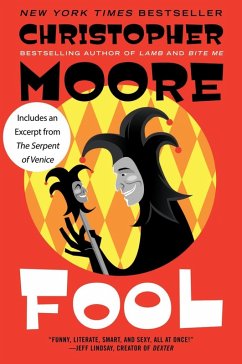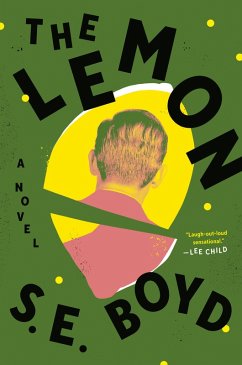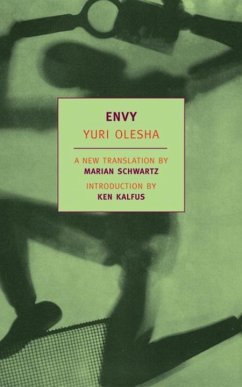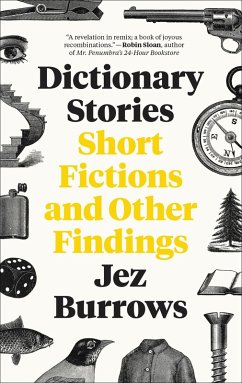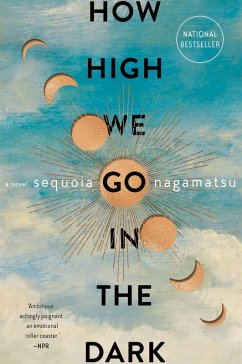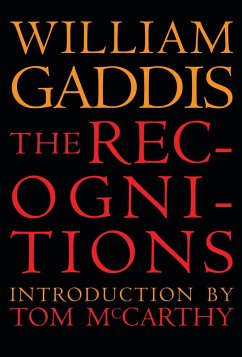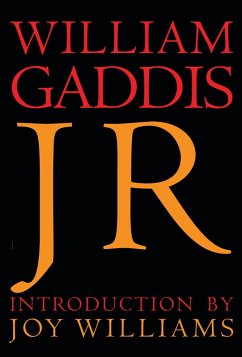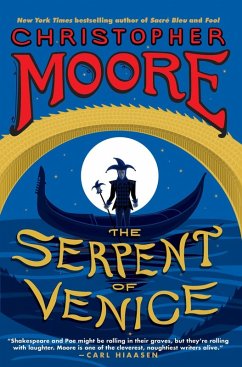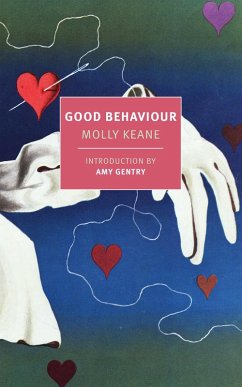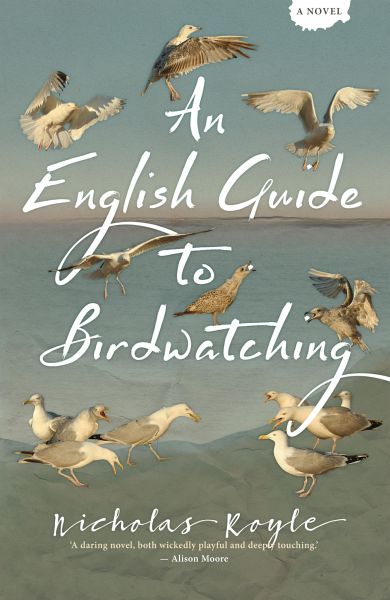
An English Guide to Birdwatching (eBook, ePUB)
Versandkostenfrei!
Sofort per Download lieferbar
4,79 €
inkl. MwSt.
Weitere Ausgaben:

PAYBACK Punkte
0 °P sammeln!
Silas and Ethel Woodlock retire to spend their twilight years by the sea, only to find themselves traumatised by herring gulls. London journalist Stephen Osmer writes a provocative essay about two people called Nicholas Royle, one a novelist, the other a literary critic. Whether Royle, the literary critic, is having an affair with the beautiful Lily Lynch, and has stolen and published Silas Woodlock's short story, 'Gulls', becomes a race to the death for at least one of the authors. Playfully commenting on the main story are 17 'Hides': primarily about birds, ornithology and films (including H...
Silas and Ethel Woodlock retire to spend their twilight years by the sea, only to find themselves traumatised by herring gulls. London journalist Stephen Osmer writes a provocative essay about two people called Nicholas Royle, one a novelist, the other a literary critic. Whether Royle, the literary critic, is having an affair with the beautiful Lily Lynch, and has stolen and published Silas Woodlock's short story, 'Gulls', becomes a race to the death for at least one of the authors. Playfully commenting on the main story are 17 'Hides': primarily about birds, ornithology and films (including Hitchcock's), these short texts give us a different view of the messy business of being human, the fragility of the physical world we inhabit and the nature of writing itself. Witty as well as erudite and delightful in its wordplay, An English Guide to Birdwatching explores the fertile hinterland between fact and fiction. In its focus on birds, climate change, the banking crisis, social justice and human migration, it is intensely relevant to wider political concerns; in its mischief and post-modern (or 'post-fiction') sensibility, it celebrates the transformative possibilities of language and the mutability of the novel itself.
Dieser Download kann aus rechtlichen Gründen nur mit Rechnungsadresse in A, B, BG, CY, CZ, D, DK, EW, E, FIN, F, GR, H, IRL, I, LT, L, LR, M, NL, PL, P, R, S, SLO, SK ausgeliefert werden.




